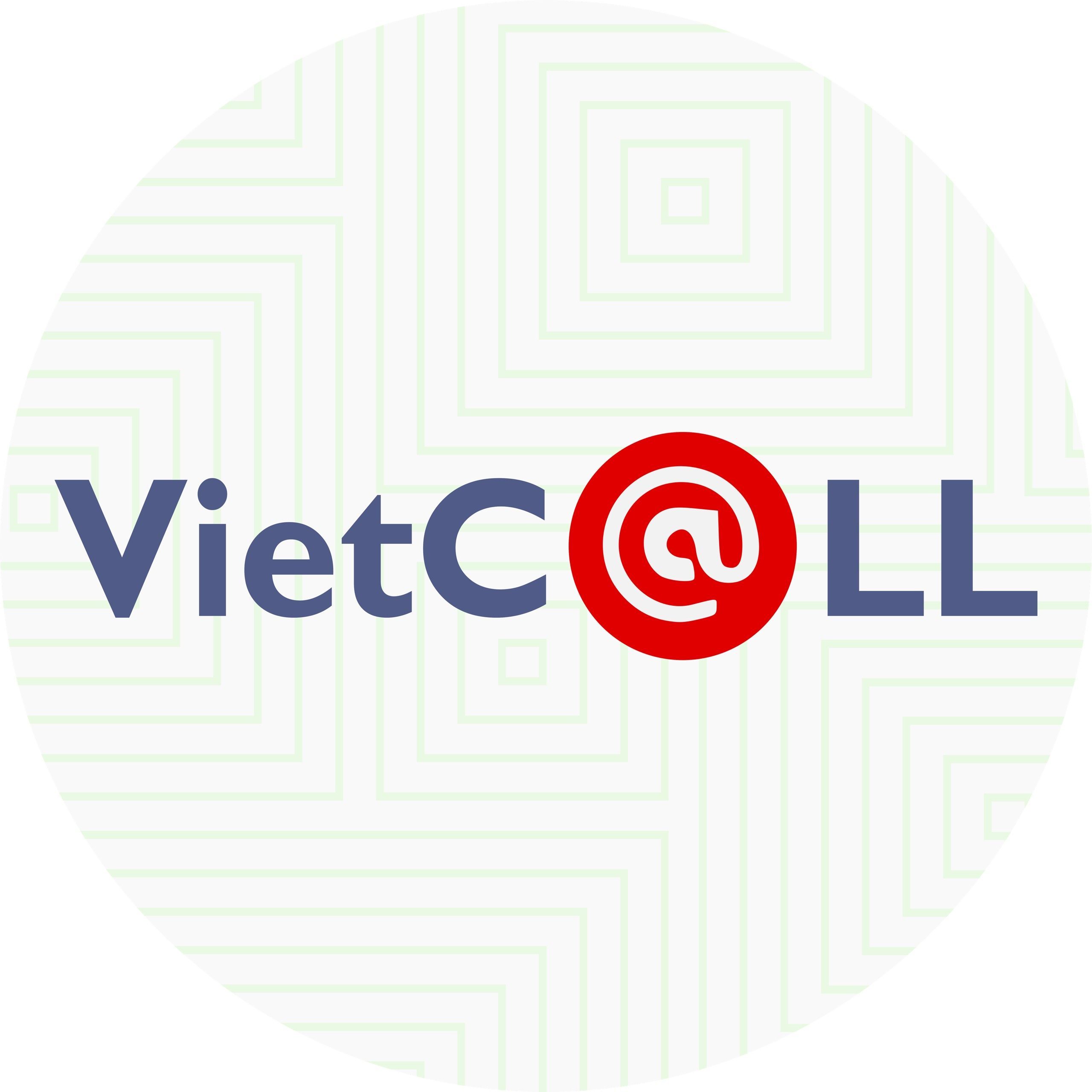
Prof. Linda Harasim
Professor Emeritus, Online Education Pioneer, AI & Learning Theory Expert
Online Collaborative Learning (OCL): A Professional Abstract
Online Collaborative Learning (OCL) is a pedagogical approach that integrates creative and analytical thinking through structured group discussion and debate, informed by relevant disciplinary data. Unlike traditional education models that emphasize rote memorization, OCL develops critical thinking skills by guiding students through a three-phase process: Idea Generation (IG), Idea Organization (IO), and Intellectual Convergence (IC). The collaborative process moves students from divergent thinking—generating multiple perspectives and solutions—to convergent thinking, where groups evaluate ideas using evidence-based criteria and reach informed conclusions or respectful disagreement. Key benefits include enhanced analytical capabilities, improved problem-solving skills, social learning, deeper subject understanding, and development of professional collaboration competencies. OCL pedagogy mirrors professional learning environments where knowledge workers collaborate through meetings, conferences, and peer reviews to solve real-world problems. OCL particularly benefits Asian educational markets by addressing traditional emphasis on individual achievement and hierarchical learning structures. It develops cross-cultural communication skills essential for Asia's increasingly globalized economies while maintaining respect for diverse perspectives and collaborative harmony valued in Asian cultures. However, incorporating AI into OCL presents challenges: maintaining authentic human interaction when AI mediates discussions, ensuring AI doesn't replace critical thinking development, and balancing AI assistance with student agency in collaborative processes. OCL can be implemented through teacher-led approaches for foundational skills or student-led seminars for advanced applications, making it essential for developing contemporary professional competencies.
